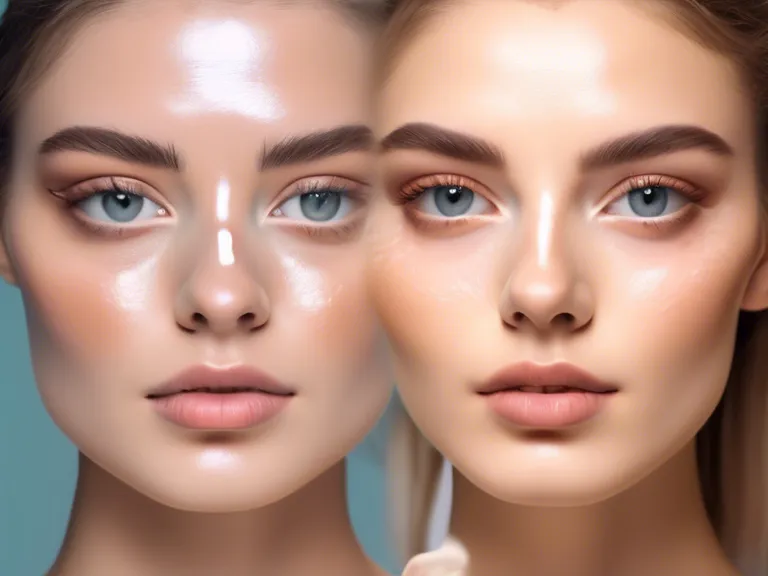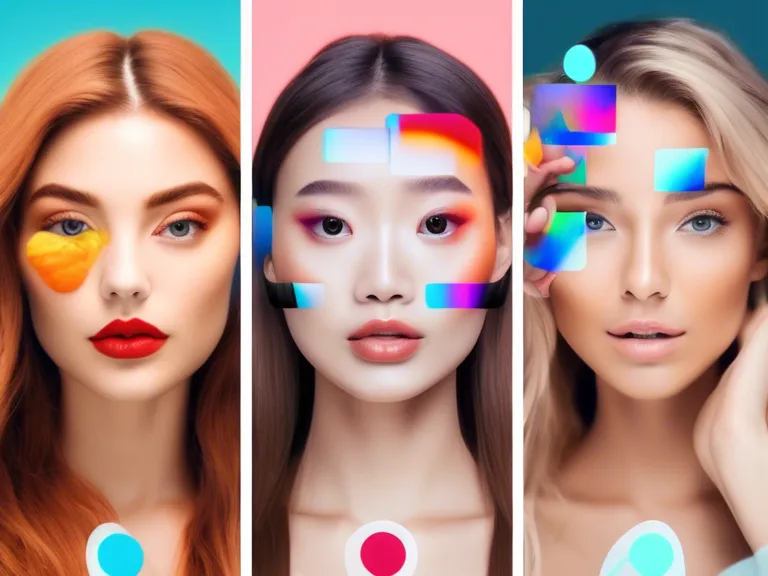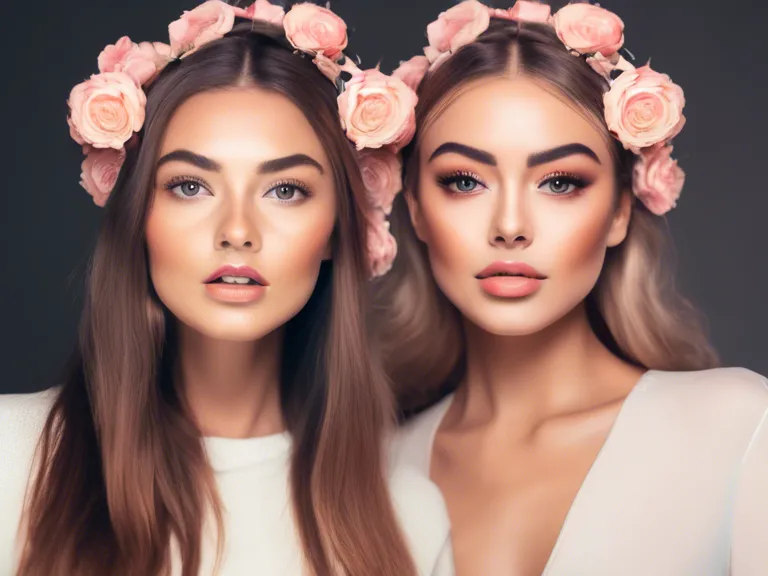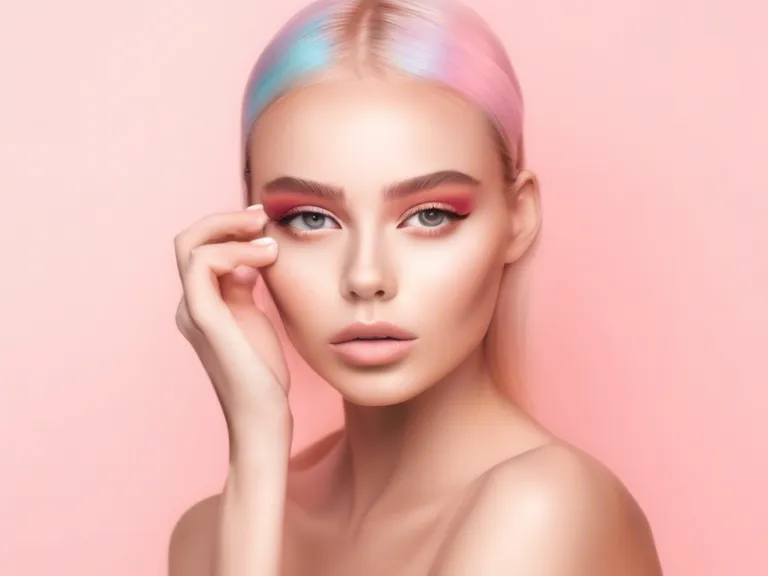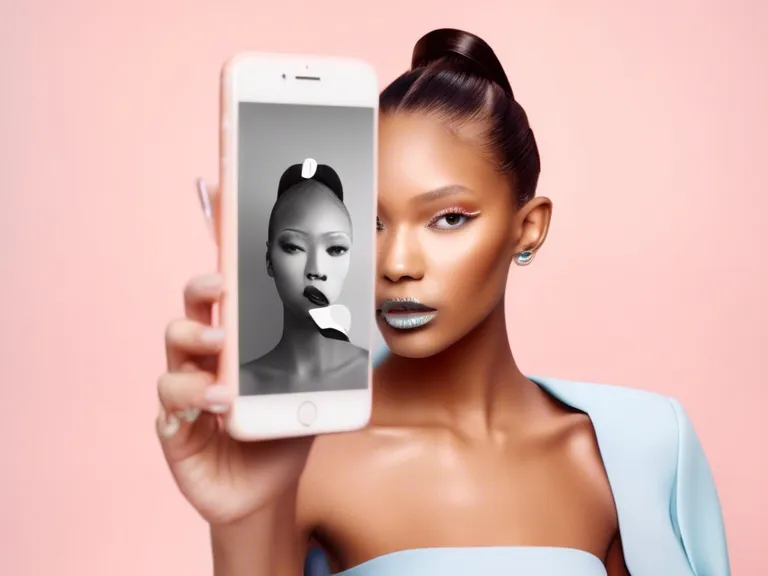
In today's digital age, beauty standards are constantly evolving and being reshaped by the rise of social media filters. These filters, available on platforms like Instagram and Snapchat, allow users to alter their appearance with just a few clicks, creating a flawless version of themselves that may not accurately reflect reality. This digital manipulation of beauty has sparked a debate about the impact of these filters on society and self-esteem.
One of the main concerns surrounding social media filters is the unrealistic beauty standards they promote. With features like face slimming, skin smoothing, and eye enlargement, users can easily enhance their photos to achieve a level of perfection that is unattainable without the use of such filters. This has led to a phenomenon known as "Snapchat dysmorphia," where individuals seek cosmetic procedures to look like the filtered versions of themselves.
Moreover, the prevalence of social media filters has raised questions about authenticity and self-acceptance. Many young people, in particular, feel pressure to conform to the digitally-altered images they see online, leading to feelings of inadequacy and insecurity. The constant exposure to these filtered images can contribute to a distorted perception of beauty and a negative self-image.
Despite the negative implications of social media filters, some argue that they offer a form of creative expression and can be a fun way to enhance photos. Filters can also help individuals experiment with different looks and styles without committing to permanent changes. However, it is important to recognize the difference between enhancing natural features and completely altering one's appearance through filters.
In conclusion, social media filters are redefining beauty standards and shaping the way we perceive ourselves and others online. While these filters can be entertaining and serve as a form of self-expression, it is vital to maintain a balance between reality and digital enhancements. By promoting authenticity and self-acceptance, we can work towards creating a more positive and inclusive online community.
